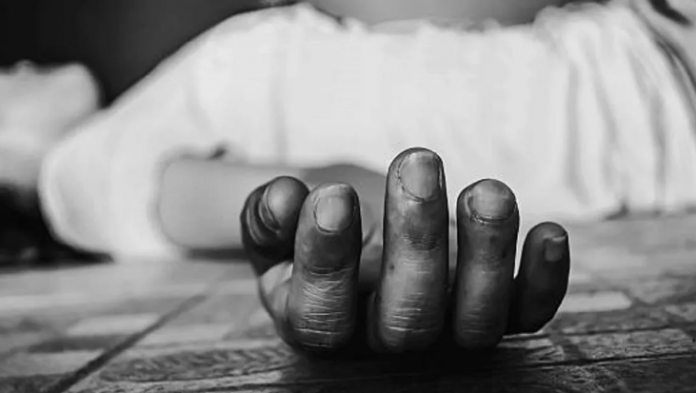A 54-year-old Adivasi woman in Assam’s Kokrajhar district was allegedly murdered by group of individuals on suspicion of practicing witchcraft.
The terrifying incident occurred at the Satyapur’s Paharpur area in Gossaigaon on the wee hours of Wednesday.
According to reports, the woman was hacked to death with a sharp weapon by slitting her throat while she was in her sleep.
The victim has been identified as Maino Hasda.
The victim’s son said that he had found her dead at around 4 am. However, he had no idea what had transpired while he was asleep.
Later, he informed police about the incident, following which a team of Gossaigaon Police rushed to the incident site to conduct an investigation into the matter.
Police have detained one person for interogation in connection with the killing of the woman. Further investigation is underway.
Regrettably, this is not an isolated occurrence in Assam. On December last year, a 30-year-old woman was attacked with sharp weapons and burnt to death for allegedly practising witchcraft in Assam’s Sonitpur district.
Witch-hunting, a social malaise, is common in parts of Assam. The killings have not stopped despite mass awareness campaigns by the state government, NGOs and individuals.
In 2017, the Gauhati High Court observed that branding a person as a witch and then, resorting to witch-hunting is a dehumanising act and one of the worst forms of human rights violations. The court had observed that the menace had to be confronted at multiple levels.
In 2018, the Assam Witch Hunting (Prohibition, Prevention and Protection) Act was enacted to provide for more effective measures to prohibit witch-hunting and prevent and protect persons from witch-hunting.
The Act says, “Whoever assaults or uses criminal force or causes assault or use of criminal force against a person accusing him/her to be a witch, resulting in his/her death, shall be punished in accordance with IPC section 302.
The persistent menace of witch-hunting in Assam raises urgent concerns about the safety and security of individuals, particularly women and the elderly.





